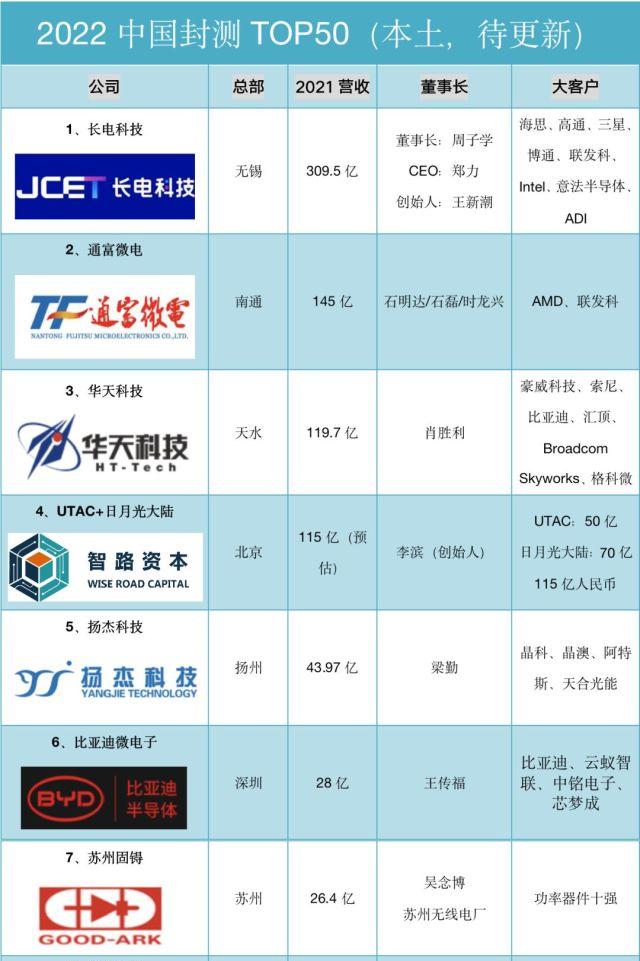Source: Content from Semiconductor Industry Watch (ID: icbank) compiled from Plonix.
Open BLASTS, the open source community, recently added support for the Russian Elbrus E2000 processor, but, given the Russian invasion of Ukraine, the developers of OpenBLAS are now discussing whether to give up support for these Russian-made CPUs.
Considering that Intel and AMD have also suspended CPU sales to Russia, there are calls for OpenBLAS to remove support for Russian Elbrus processors. Because they said that with this open-source BLAS and LAPACK API implementation, which gives Russia an optimized linear algebra kernel that can be used for military functions, developers are discussing whether elbrus code should be removed.
Proponents argue that "the Elbrus processor is a so-called domestic processor whose main use case is to circumvent the above sanctions." The processor is now/will be used in Russian military equipment, intelligence services and other branches of the Russian government. The linear algebra operations provided by OpenBLAS can be used in weapons (e.g., machine learning, pattern recognition, computer vision), such as those used by the Russian military now or in the future. ”
However, due to the nature of open source and the code already exists, it may not end up having much impact... Russian stakeholders can continue to use the old version of OpenBLAS and get Elbrus support, or simply maintain their own branch of this code unchanged.
The Elbrus code for this OpenBLAS also exists in the ALTLinux distribution without much optimization. Removing Elbrus's support from OpenBLAS is primarily a political statement against Russia's military aggression against Ukraine.
So far, most of those who have commented are in favor of removing the Elbrus code from OpenBLAS, at least as a public statement against Russian military aggression and support for the Ukrainian people. This proposed OpenBLAS code removal is the first time we've seen any open source project that wants to abandon support for russian CPU architecture. Elbrus CPUs are nowhere near as fast as modern AMD, Intel, and Arm processors, but they've been producing home CPUs from desktops to workstations and servers for years.
In addition, Taiwan's IC design leader MediaTek and Qualcomm will also follow up with the ban on exporting chips to Russia.
As far as the impact can be, Android mobile phone brands using MediaTek and Qualcomm chips will not be exported to Russia, and Apple has previously announced a ban on the export of its products to Russia, so that Apple and the non-Apple camp have almost joined the ranks of sanctions against Russia.
MediaTek announced on the 3rd that it prohibits the export of equipment containing its chips to Russia. MediaTek said it has always adhered to all applicable legal norms and new export control regulations.
Read more: Chip companies that stopped shipping to Russia
As a result of the war against Ukraine, the U.S. government's export restrictions on the sale of semiconductors to Russia have been quickly enacted, AMD has confirmed that it has suspended chip sales to Russia, and according to multiple reports, Intel has taken the same measures. In addition, there are also reports that TSMC's decision to participate in sanctions will hinder Russia's supply of domestic chips. Both Intel and AMD have provided us with statements on the matter, and we have contacted Nvidia for comments, but we have not yet received a response.
Russian media also claimed that the Association of Russian Developers and Electronic Manufacturers (ARPE) had confirmed the suspension. In addition, Intel is said to have notified Chinese IT companies to ban the sale of products to Russia.
A representative of AMD told Tom S Hardware, "Based on U.S. and other country sanctions against Russia, AMD is currently suspending the sale and distribution of our products to Russia and Belarus." Intel provided Tom s Hardware with the following comment: "Intel complies with all applicable export regulations and sanctions in the countries in which it operates, including new sanctions issued by OFAC [Office of Foreign Assets Control] and regulations issued by BIS [Bureau of Industry and Security]. ”
The extent to which Intel stopped selling is unclear. The new export restrictions are mainly aimed at military or dual-use chips. This means that most consumer-centric chip sales, such as Intel's Core chips, may not be affected. However, it is widely expected that all semiconductor sales to Russia will be temporarily halted as the company struggles to decide which products and customers are affected. In addition, the U.S. DoC has added 49 Russian companies to the entity list.
The new U.S. export restrictions are similar to sanctions against Huawei, but they apply to the entire country — for the first time. Russia has been preparing for potential sanctions for years, especially after international sanctions in 2014 after action in Crimea, which both boosted its own indigenous semiconductor production and stockpiled chips for such incidents.
However, chips from Russian-designed Baikal, MCST, Yadro, STC Module and other companies are actually produced by Taiwan's TSMC, because TSMC has also agreed to suspend sales to Russia and comply with the new export restrictions. This means that the supply of chips in Russia may also be cut off. In addition, as mentioned above, members of the open source community have begun to debate whether to support Russian-made chips.
Companies such as Intel and AMD will reportedly suspend sales immediately, but that won't have an immediately disruptive impact on the industry. According to the Semiconductor Industry Association, the Russian government accounts for less than 0.1% of global chip procurement, while the broader Russian market accounts for about $50.3 billion of the $4.47 trillion global semiconductor market.
Welcome semiconductor packaging and testing manufacturers to join the mainland packaging and testing TOP50, TOP100, free release.

What do you think about this? Comments are welcome
---- the full text ends here, if you like, please click "Watching" or share to the circle of friends.
- END -